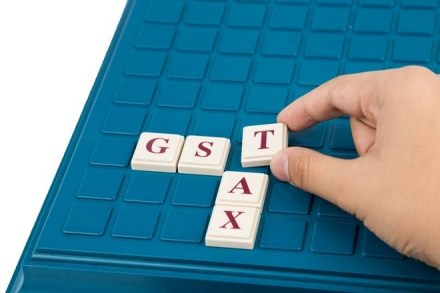GST disaster cess: The Goods and Services Tax (GST) Council will hold the 30th meeting today via video conferencing today, in which the demand for disaster cess for financially aiding flood-hit Kerala will be taken up. Even as many believe that the concept of cess will distort the GST structure, legal expert N Mathivanan says that exception can and should be made in cases of natural disaster for a short period.
The GST Council had earlier mulled levying sugar cess to bail out the ailing sugar industry but it was opposed by some states including Kerala. Later, the opinion of the Attorney General was sought on this matter, which is still pending. A Group of Ministers (GoM) assigned by the GST Council studied the concept of levying a cess on indirect tax and rejected it.
After Kerala suffered an unprecedented flooding, which claimed over 400 lives and caused damage of reportedly at least Rs 20,000 crore, it proposed levying disaster cess to help the state financially in its rebuilding efforts. The state has proposed two options, either an all-India cess on some luxury items or a cess only on SGST. N Mathivanan, Principal Partner, Lakshmikumaran & Sridharan answers some questions.
Can GST Council levy a cess? What are legalities here?
Article 279A of the Constitution empowers the GST Council to make recommendations on any special rate or rates for a specified period to raise additional resources during any natural calamity or disaster. GST Council may use this power to recommend an additional levy. GST (Compensation to States) Act providing for the levy of compensation cess is intended to compensate states for the loss of revenue due to the implementation of GST. Therefore, it remains to be seen what will be the modality to implement imposition of cess, if the Council decides to opt for the levy.
Should GST Council stay away from the idea of cess?
The nation requires huge resources for reconstruction after natural disasters. If additional requirements are to be mobilised for a national cause, then the GST Council should not shy away from the idea of an additional levy for a limited period only.
If a cess is applied on SGST, will it impact businesses in that particular state and lead to migration into neighbouring states?
It seems the idea is to increase the rate of compensation cess on certain motor vehicles. Levy of cess only on SGST may not be legally valid but if such levy is imposed, it is likely to be for a shorter period only. Depending upon the nature of goods or services on which cess is likely to be levied, the impact on migration can be analysed. However, the migration of business to other states cannot be ruled out.
